5 Indispensable AI Tools for Academics
AI has exploded this year and its hard to keep up with 1000s of projects going on. In this newsletter we are going to look at the top tested tools for academics.
My Blog has moved
If you want to receive regular updates, new content, and tips check out my website.
Artificial intelligence tools, particularly large language models (LLMs) like ChatGPT have exploded this year. However the variety is not as significant as it seems.
The cost to train a model like GPT-4 is horrendous (estimates are upwards of 50 M$). That is why 99% of the tools actually build on OpenAI, Microsoft Bing or Meta’s pre-trained models.
Building on top of these models is easy. However it comes with the inherent limitation of the underlying model (e.g. OpenAI’s ChatGPT). Provocatively one could say they are more of a UI update to the original model. This is why currently we have over 4000 AI tools.
LLMs excel at transforming text but not at understanding or making sense of it. Noam Chomsky recently wrote in the NYT: “We know from the science of linguistics and the philosophy of knowledge that they differ profoundly from how humans reason and use language.”. We notice this every time it hallucinates or lies to us.
In this article, we'll explore AI tools that do a better job in addressing academic needs. There are only a handful of tools that I find truly useful, and we'll dive into them below.
Announcement: Free Quick Start Guide
Before we get started, a small announcement. Because a lot of folks were asking for simple beginner tutorials on academic note taking and literature reviews, I created a FREE 8-day email course for you. Click the button below to sign up.
Tools for Searching
These are tools you can think of as a Google (or Google Scholar) alternative. Google is based on “keywords”. But when we ask questions we don’t necessarily use the right keywords.
Think of AI based search engines as going one step further, by first understanding how to translate my question into keywords and then running the search to show me the best results.
Perplexity: Academic Search Engine
Perplexity is a well-funded company that uses its own models, which is why I find the results more trustworthy than ChatGPT. It searches the internet and answers prompts based on its findings. Particularly useful for academics, Perplexity provides sources for its replies. I use it as a general-purpose academic engine for researching questions at a college level. Plus, it's free.
EvidenceHunt: Search Engine for Papers on PubMed
EvidenceHunt is a promising new tool with a unique approach. It's an AI search engine specifically for PubMed. Based on your question, it generates PubMed queries. AI extracts what drugs or clinical trial you are likely looking for.
Then, it runs these queries on PubMed, reads the abstracts, and ranks the papers, with systematic reviews scoring higher. From the top 10 papers, it generates a reply. EvidenceHunt is an efficient mix of search engine and language model hybrid that mimics human behaviour but at a much faster pace.
Scite Assistant: ChatGPT for Academics
Scite Assistant is a chat tool for academics that provides academically sound replies. Scite has access to millions of papers and a dedicated team behind it. Apart from the assistant, Scite is known for analyzing how papers cite each other (favourably or critically), which can be useful in spotting controversial publications.
Tools for Reading
Avoiding outsourcing reading to AI when it comes to important topics. Instead use it to quickly search or screen literature that is more peripheral.
SciSpace: Smart PDF Search and Reading Helper
Of the numerous chat-with-pdf apps available, I found SciSpace to be the only reliable one for academic purposes. Upload a PDF and ask questions about it. SciSpace can help generate tags, summarize content, and is available in 60+ languages.
My main use case is to employ SciSpace as a smart search engine inside a paper that is not central. For example I might ask it to find whether a paper mentions a certain concept or what kind of data it uses.
It's also helpful if English is not your first language or if the domain isn't your primary expertise as it can give some explanations on tables and formulas as well.
Chrome Extensions: Scholarcy or Perplexity
Scholarcy specifically shines with its Chrome app and is geared more towards students. Perplexity and SciSpace both also have released Chrome extensions. The advantage here is that you can work with data on a website rather than a published PDF that you upload.
Try it out if this is for you. I think especially if you are very new to something you can build understanding quicker and more streamlined.
ChatGPT Prompt Templates for Notes
Composing text is where AI can save you the most time. Whenever I have big texts I tend to pre-write bullet points and then throw them into some AI tool to flesh it out giving it some examples.
Prompt templates are pre-defined prompts with placeholders, which are replaced with specific content from your notes. We went in-depth in the last article “Adding AI to academic notes”.
The prompt is therefore a command executed on your note. By providing all necessary information within the prompt, including academic sources as links, we can generate credible academic writing with proper citations.
Additionally you can come up with any tasks that you want to automate in your note writing.
Heavy users will need a ChatGPT subscription worth 20$/mo.
Readwise: Collect & Sync Information
Readwise is a tool to collect information on the web. Using the chrome plugin, you can add anything you find on the web to your Readwise Inbox. This includes Videos, podcasts or emails.
It all lands in an “Inbox” that you can access from your app or any other computer. When you bookmark videos an AI will create a transcript of the video that you can annotate and search it as well.
But what makes Readwise stand out from the crowd is its Obsidian integration. It is absolutely top-notch and seamless. As you add and annotate the content, it ends in your Obsidian vault.
In this tweet you can learn how to set it up:
Summary
Using AI tools as an academic is becoming more and more common place. Most tools are free to try. The best example I give to my colleagues that never tried using ChatGPT is “Ask it to solve a coding problem you have”. Every single time a revelation!
Try Perplexity as your new academic search engine, SciSpace to search for concepts/data in papers and Paperpal for polishing your writing.
But remember, the biggest impact on your research will not come from tools, but habits and strategies. Just like no amount of perfect kitchen equipment will make you a good chef.
Check out my two courses on Note Taking and Literature Review on my brand new website




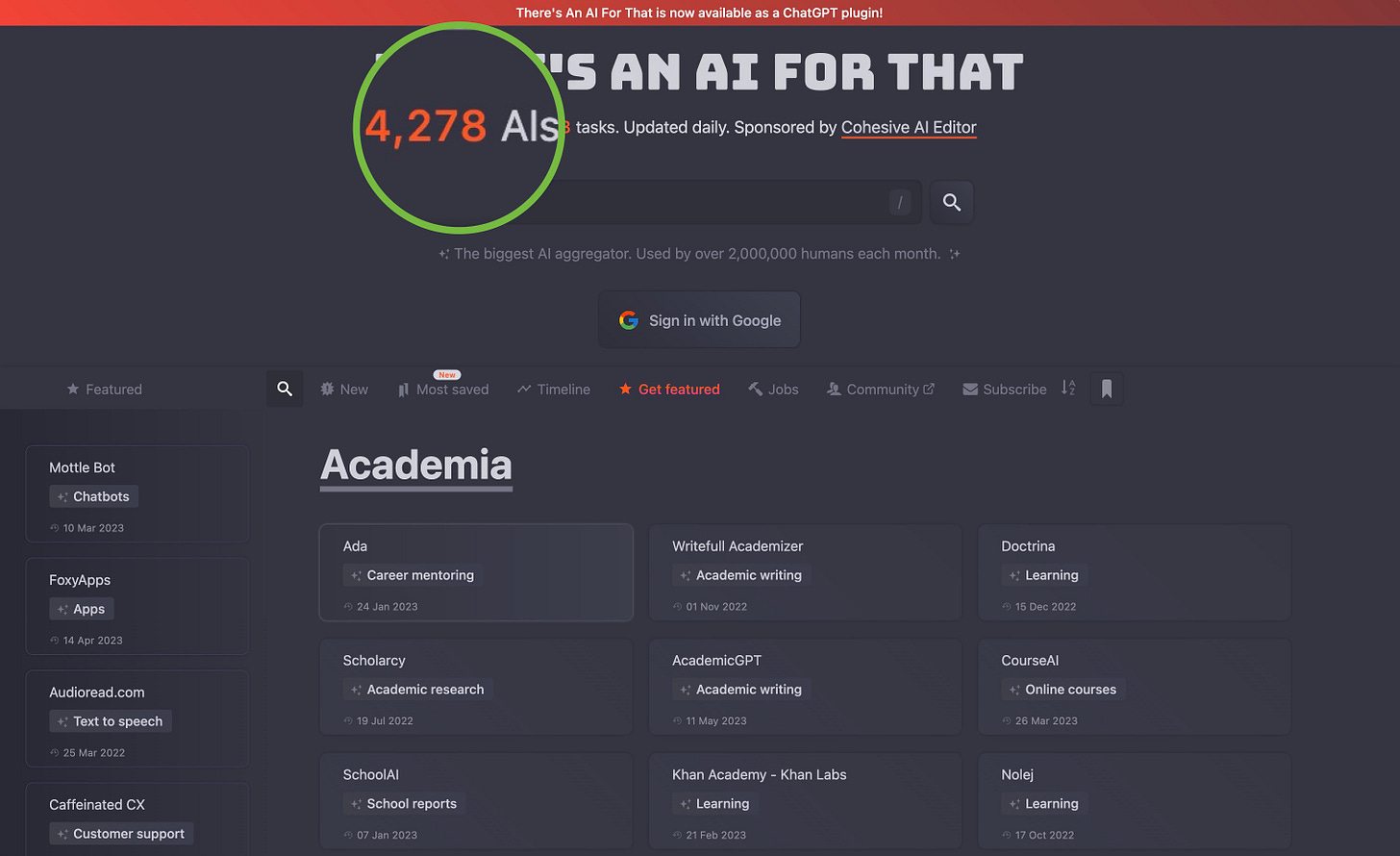

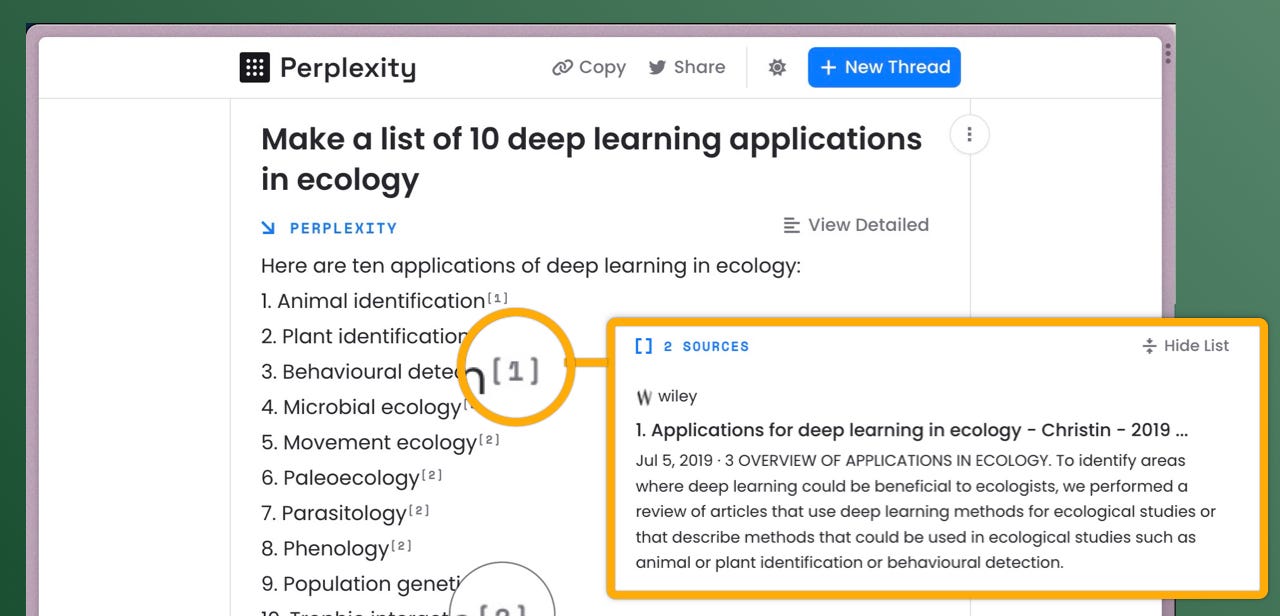
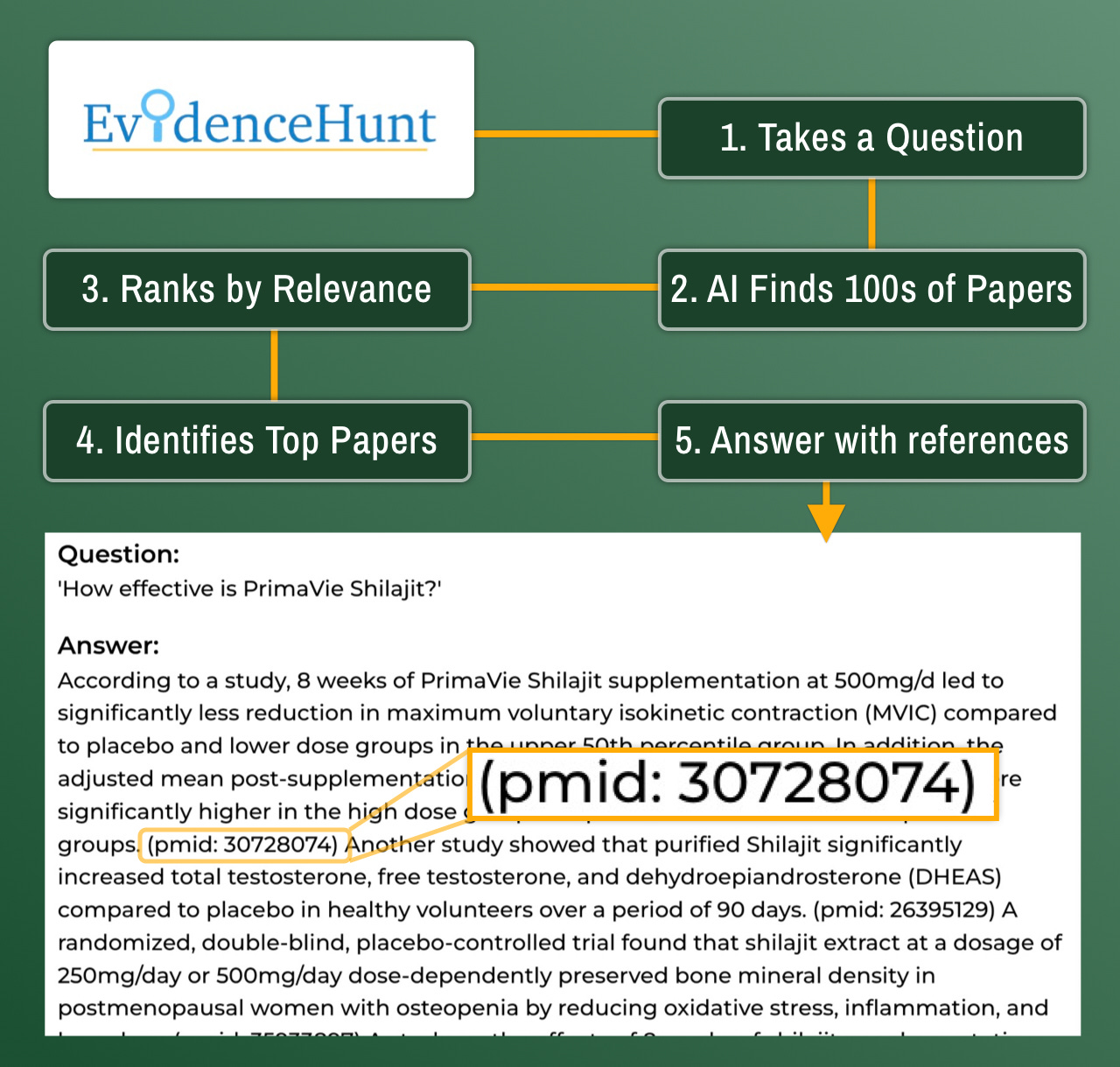
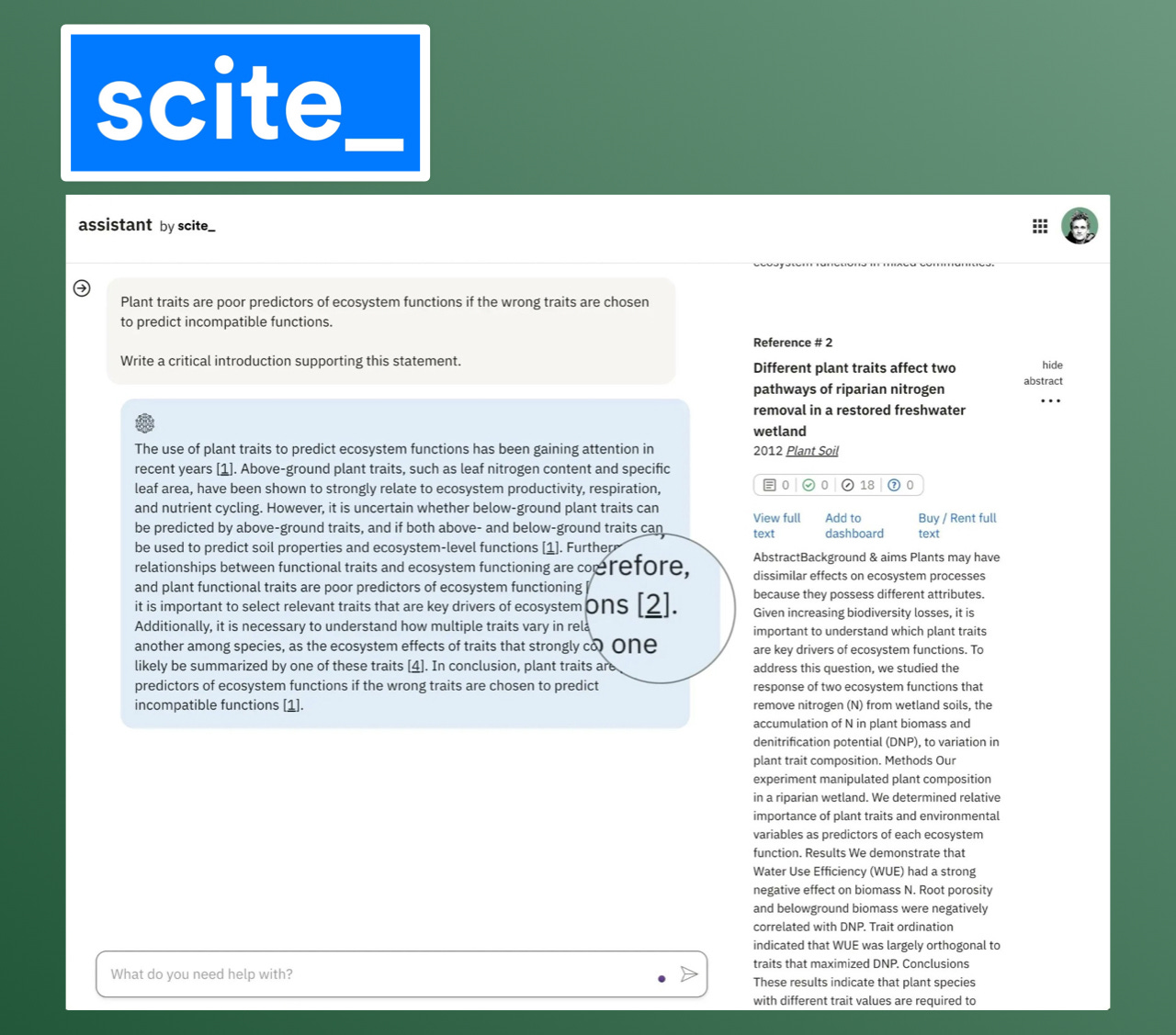
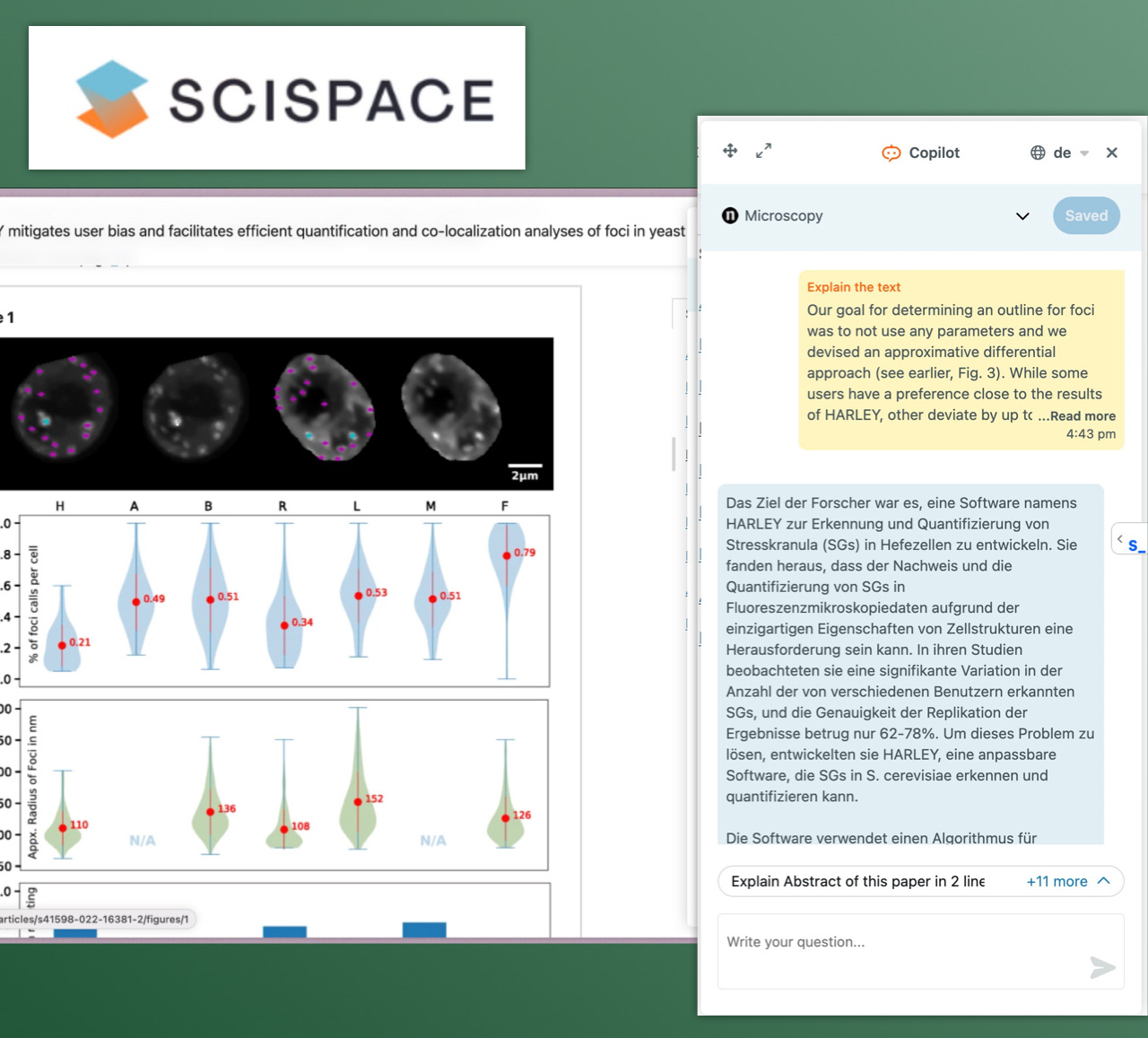



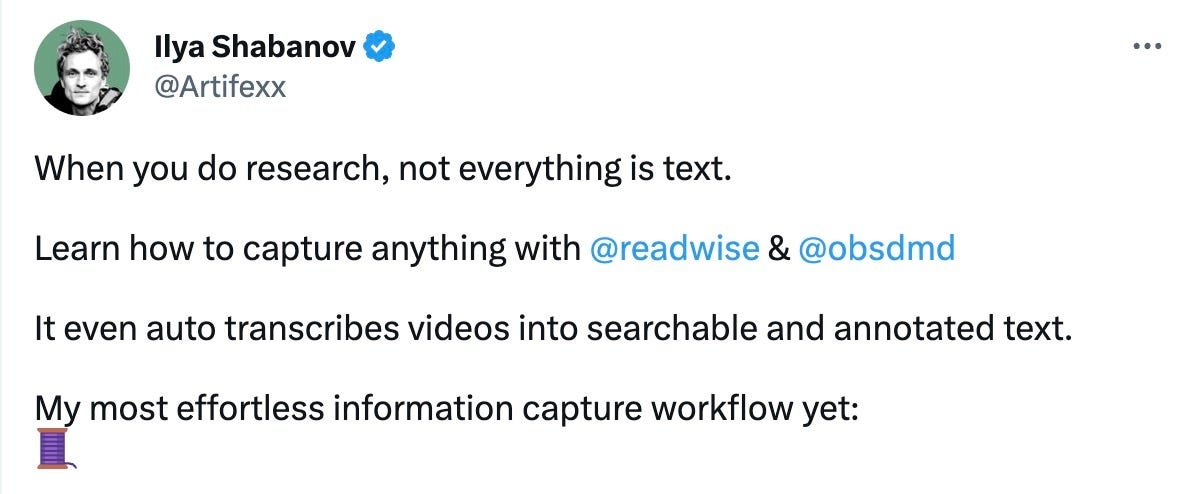
I just subscribed to Effortless Academy, i was wondering if there is any way I can talk with Ilya, im a med student currently working at Houston Methodist
really awesome. it seems that researchers gatta fall behind if they ignore such AIGC wave and don't hurry up to learn those things!